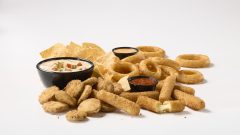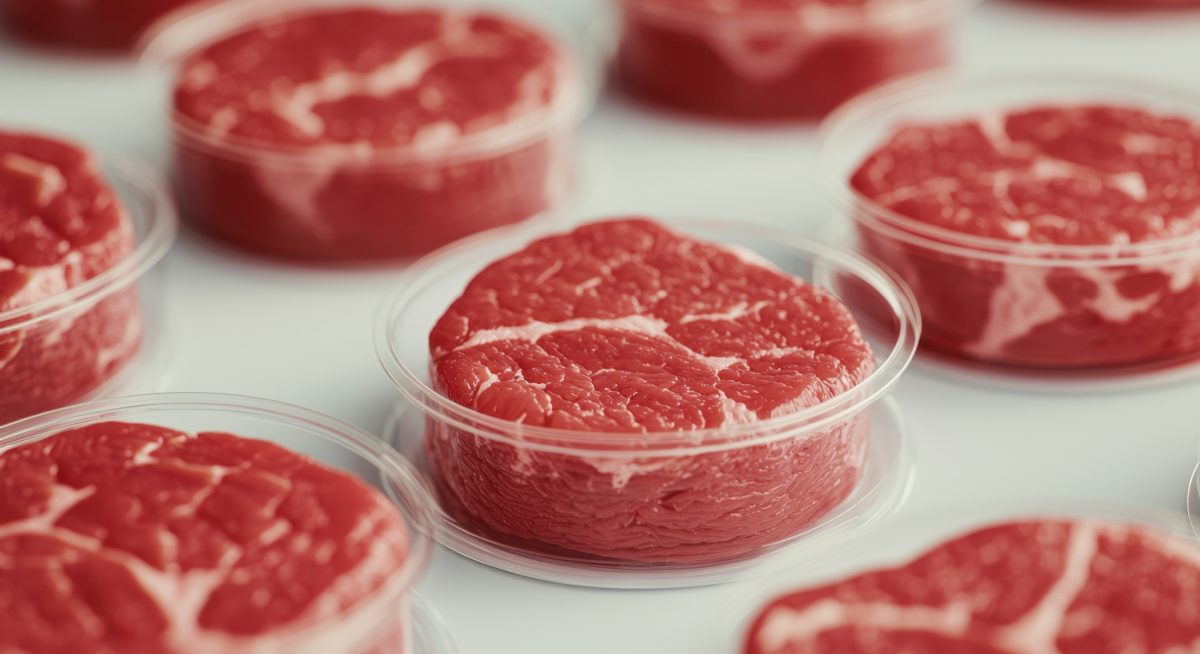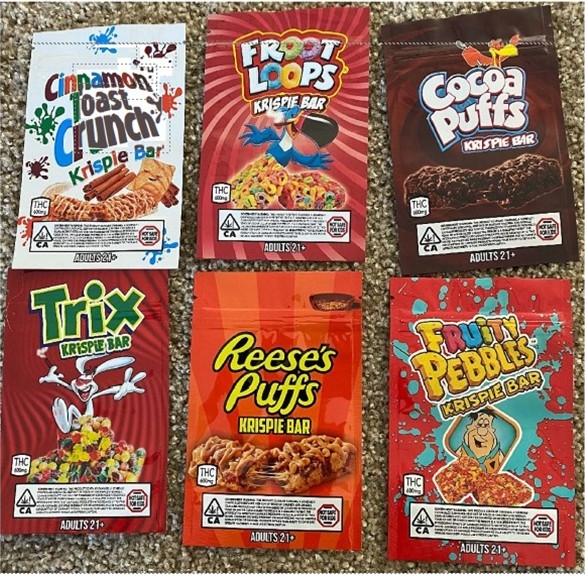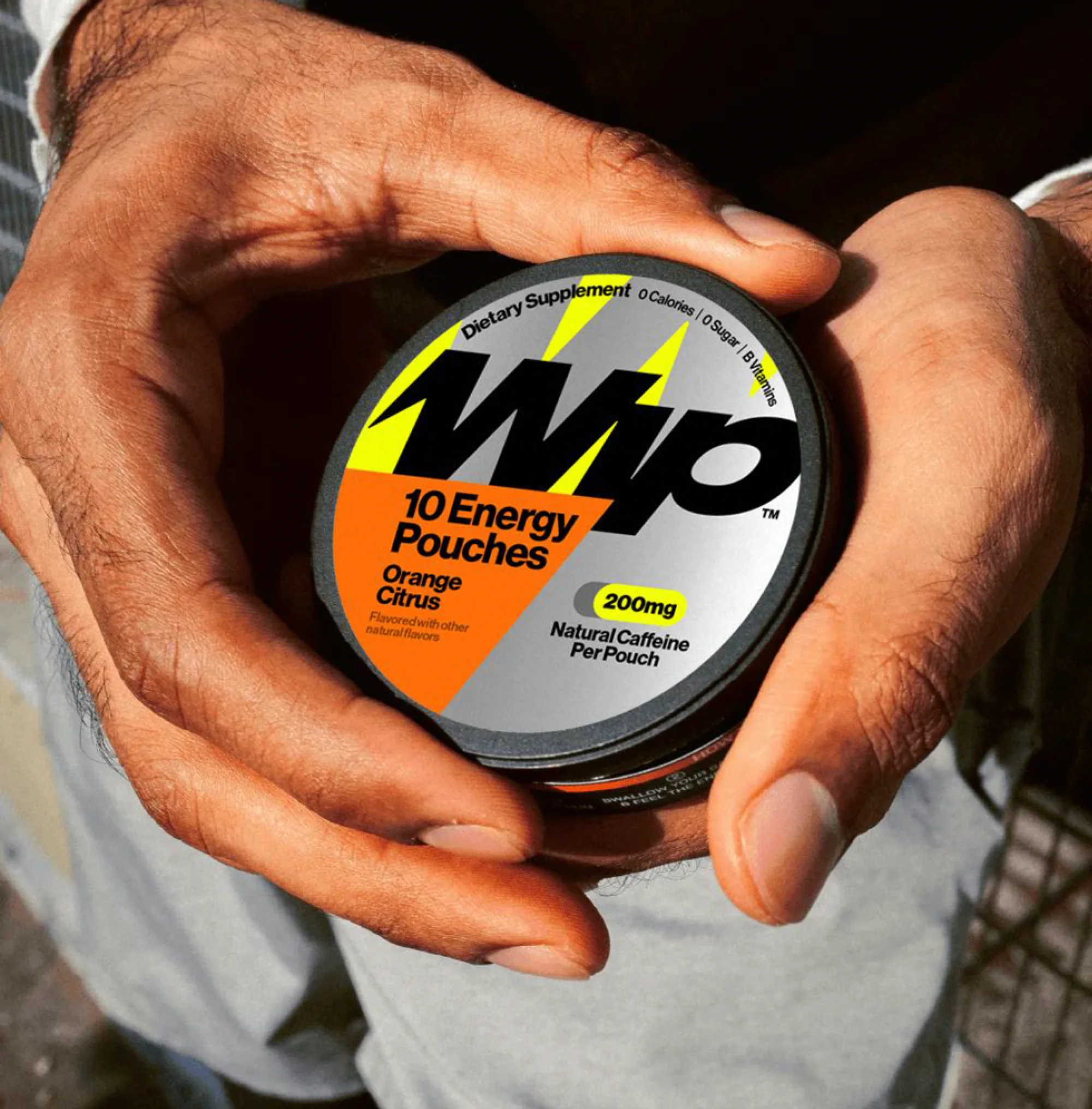CDC Urges Entire U.S. To Throw Out Romaine Lettuce Because Of E. Coli
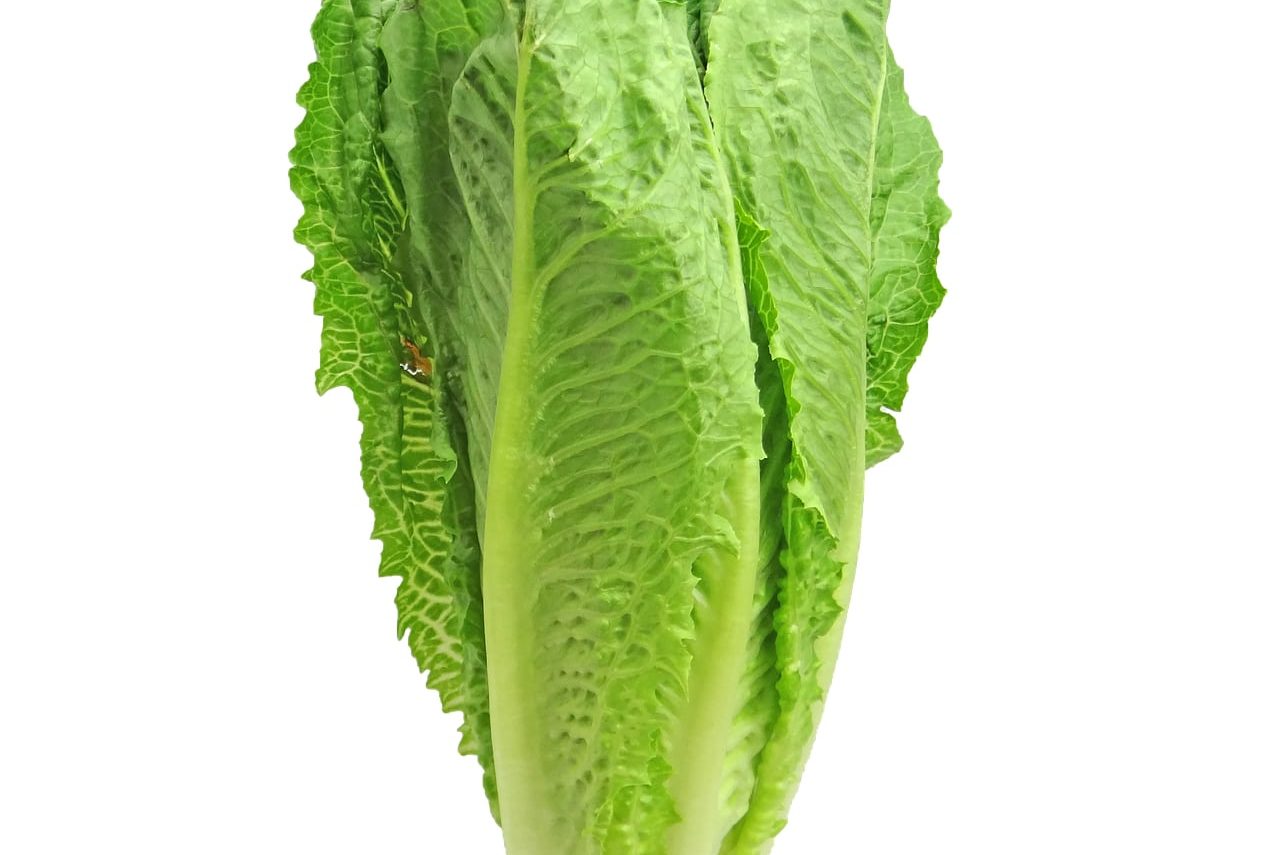
A massive, multi-state outbreak of E. Coli 0157:H7 in Romaine lettuce has pushed the CDC to take drastic measures. They’re now calling on the entire country to throw out their romaine if they’re not sure where it comes from.
E. coli Outbreak Update: Based on new data, CDC advises throwing away whole heads of romaine and hearts of romaine, plus chopped romaine and salad mixes, from Yuma, Arizona growing region. https://t.co/WTdyf3IWsY pic.twitter.com/F1RHsL3rt4
— CDC (@CDCgov) April 20, 2018
Currently, 53 individuals have reported illnesses associated with the E. Coli outbreak, with the largest concentrations of disease occurring in Idaho and Pennsylvania.
In total, people in 16 different states have been involved with the contaminated lettuce, which the CDC knows to be coming from Yuma, Arizona. They appear to have not confirmed a single source from that area yet, so for now, they’re recommending that all romaine from the region be tossed out. This includes whole heads, leaves, chopped salads, and chopped pieces of lettuce.
If you don’t know where your romaine lettuce is from, the CDC advises that you toss it out regardless, even if any has been eaten without any ill effects. You should also scrub your fridge where any romaine has been present.
E. Coli 0157: H7 is a particularly nasty strain of bacteria because of some of the potential diseases it causes.
Most people will feel its effects within 1-10 days of exposure, and general symptoms will include vomiting, stomach cramps, fever, and diarrhea (which is often bloody).
Five to ten percent of those affected, however, can develop what’s known as Hemolytic Uremic Syndrome. This condition appears about 7 days after symptoms begin, and impacts the kidney to the point where organ failure can occur. Those who develop HUS require hospitalization, but usually recover within a few weeks. The disease can prove to be fatal, however, making food poisoning involving E. Coli 0157:H7 even more of a concern.
For now, it’s best to avoid any romaine lettuce that comes from Yuma, Arizona, or whose origin is unknown, until more specific conclusions are reached by the CDC on this outbreak.
Romaine has a short shelf life and the winter growing season is ending in Yuma. It’s likely that any romaine sold now is from California, not AZ. Consumers should continue asking grocers and restaurants to make sure their romaine isn’t from Yuma. https://t.co/We02xgGjGj.
— Scott Gottlieb, M.D. (@SGottliebFDA) April 23, 2018
UPDATE: While no source has yet to be identified, FDA Commissioner Scott Gottleib announced in a tweet that Yuma’s lettuce season is nearing its end, meaning that any romaine lettuce likely on shelves now is from California. To be safe, though, consumers should continue to ask grocers and restaurants where their romaine comes from.








